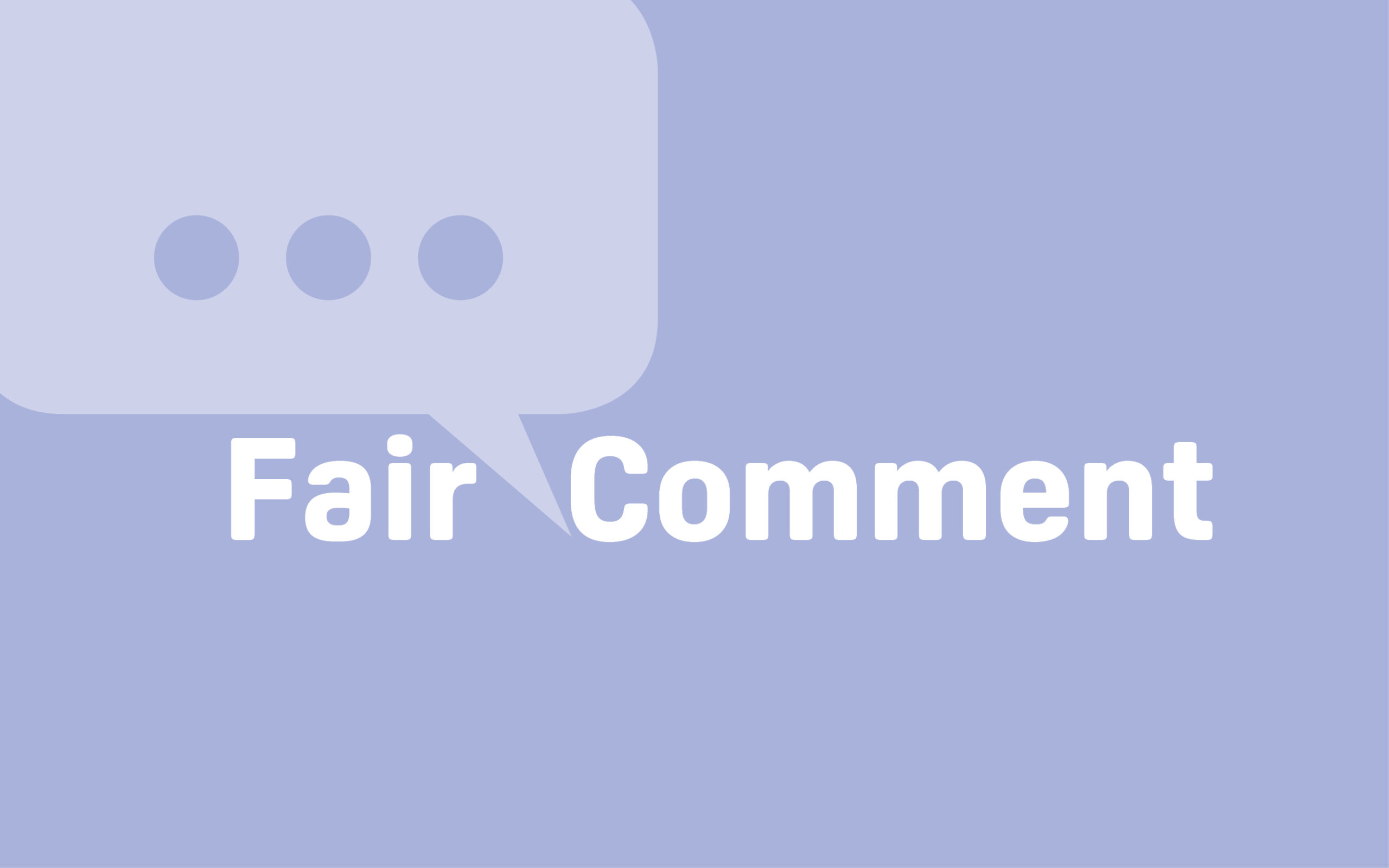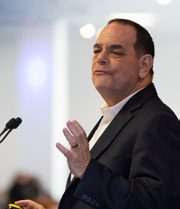

Marc Prensky is an internationally acclaimed keynote speaker in over 40 countries and the award-winning author of eight books.
Raising our kids by “educating” them worked really well in the 20th century. So well, in fact, that most people today want to continue it into the 21st century (with, of course, some incremental reforms). But that would be a mistake, because for the 21st century — and 21st-century kids — 20th-century education, even reformed, can no longer do the job we need. It has “gone lame” in the sense of a horse who has been injured and is unable to walk or run. Twentiethcentury education is inadequate to prepare our young people for the current century and beyond.
LAME is an apt acronym for what the world’s education system has become: Learning Applied to Mastering an old curriculum for Existing employment. The world’s 20th-century education is a “LAME” system for raising 21st-century kids. It may still work for a few, perhaps — but certainly not all. Most kids we have to force through it.
Empowerment vs. education
The problem with 20th-century education lies not in its details, but in its essence. The approach is built around the concept of making people better via learning in advance. That was a decent strategy when the world changed slowly and real-world accomplishment by kids was far off into their future. But young people’s capabilities have changed dramatically, and our kids are now far more powerful, far earlier.
The new alternative — 21st-century “empowerment” — is built around making young people better via real-world accomplishments with immediate impact. Learning still occurs, but empowerment views learning as a means, not an end. Its philosophy is that we learn in order to accomplish useful things (at least, most of us do). Those who don’t — and who view learning also as an end in itself — we call “academics.” Somehow, over time, the academics managed to hijack the entire 20th-century world into thinking that “learning for its own sake” is what all kids need, and that this is enough to prepare them for their futures.
It is not. While there is no need to stop offering “academic education” for those who thrive on it, the new 21st-century need, across the entire world, is for our empowered kids to become useful in the real, non-school world, starting when they are very young. I am not talking here about “vocationaled” or “exploitation” — rather, I am talking about kids’ new ability to get things done with their newly acquired powers. I am arguing that although many adults may consider academics to be better or higher, other new, and far more empowering, alternatives are emerging.
“The world now needs an empowering upbringing that is different from what was called “getting an education” in the 20th century, very different from academics.”
In this century, the new empowerment option — where kids practise getting things done in whatever area(s) interest them, suit them and make them happy, from toddlerhood to post-adolescence — should be the preferred route for our kids. I predict it will become so, as new, empowering alternatives arise and develop. The academic route will remain for the few it suits. We will still need it — just not for most.
FAR better
In the 21st century, empowerment is an alternative now emerging. It is based on kids continually:
Finding their new empowering beliefs, unique value, new connections and new 21st-century powers,
Applying these to make a positive impact while still young, and doing meaningful work that creates and adds value for
humanity all their life, and thereby
Realising their positive dreams for themselves, their families and their world.
That is why it is “FAR” better than the “LAME” 20th-century alternative. It is time for the world to go there.
We need to create “Empowerment Hubs”
We need to look at creating a new side-by-side alternative to the schools we now have. One good name for these is “Empowerment Hubs.” Such hubs are now forming — and being defined as an alternative for parents and kids — on every continent. Each will be different and distinct, but they will all differentiate themselves from education and schools by focusing on the FAR better goals of achieving self-knowledge, accomplishing with impact, and realising kids’ dreams — not ours.


